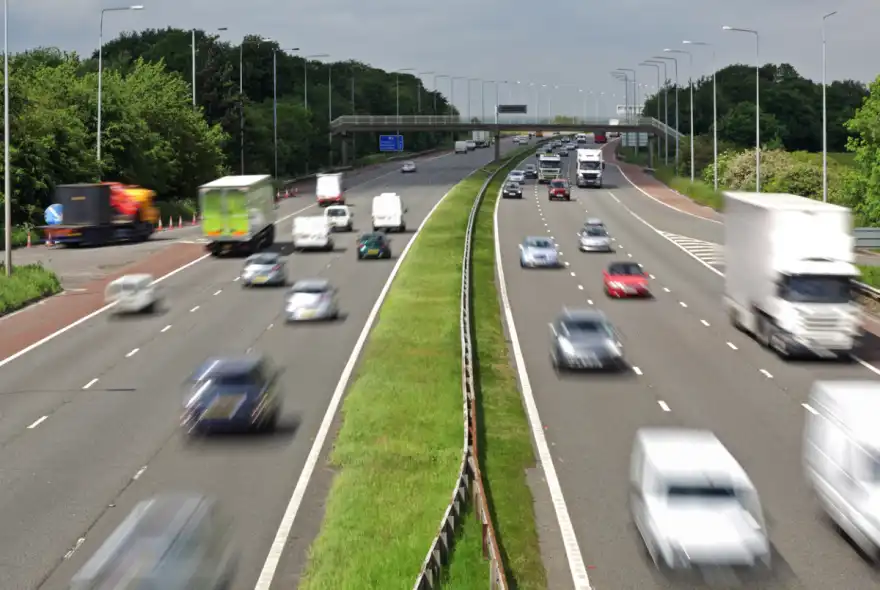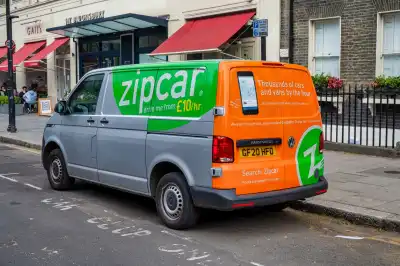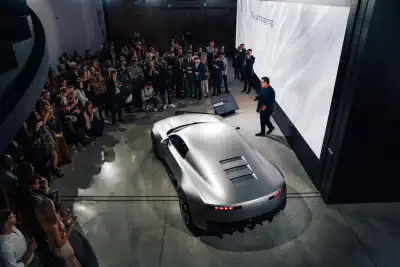
A concerning six-car pile-up on the M6 was caused by a 'computer glitch,' as insiders allege that the safety system experienced a 'catastrophic failure.' The incident occurred when a car broke down on the southbound M6 on Jan 19, becoming a vulnerable target in an inside lane that was once a hard shoulder.
According to a whistle-blower, the National Highways' systems crashed, rendering radar technology inactive and preventing detection of the stranded vehicle during the life-threatening three-hour incident between junctions 3A and 3 near Coventry. The vehicle was unable to reach the emergency refuge area and collided with other vehicles.
Despite minor injuries sustained by those involved, the whistle-blower emphasised the absence of fatalities as 'pure luck.' Control centres throughout England went offline, leaving only the South East and East operational. The glitch hindered control room staff from closing lanes, setting speed limits, operating electronic signs, or utilising CCTV cameras.
An anonymous insider disclosed to The Daily Telegraph, 'We had no stopped vehicle detection systems, no CCTV, and no control of signals and signs. The fact no one was killed is pure luck. Thankfully, God was watching over them, because we certainly weren't.'
Between April and August 2023, electricity supply issues occurred for a total of 541 hours across 52 days, with eight locations experiencing outages lasting over 24 hours. A December report by National Highways revealed that smart motorways without a hard shoulder were three times more dangerous for breakdowns than those with a safety lane.
The study also indicated a 10% increase in 'killed and serious injury' (KSI) incidents during breakdowns on smart motorways without a permanent hard shoulder. KSI tragedies rose for three out of five schemes with five years' safety data, including M1 junctions 39 to 42, M25 junctions 5 to 7, and M6 junctions 11A to 13.
Despite Prime Minister Rishi Sunak halting the construction of new smart motorways in April of the previous year, over 400 miles of existing schemes with permanently removed hard shoulders remain in place.
Edmund King, the president of AA, expressed concern, stating, 'This smart motorway experiment has failed yet again, putting lives at risk by leaving car occupants as sitting ducks.'
The National Highways spokesman assured the public of well-rehearsed procedures to handle technology outages, including increased patrolling by traffic officers and active monitoring of CCTV, aiming to limit any impact on drivers or traffic flow.




